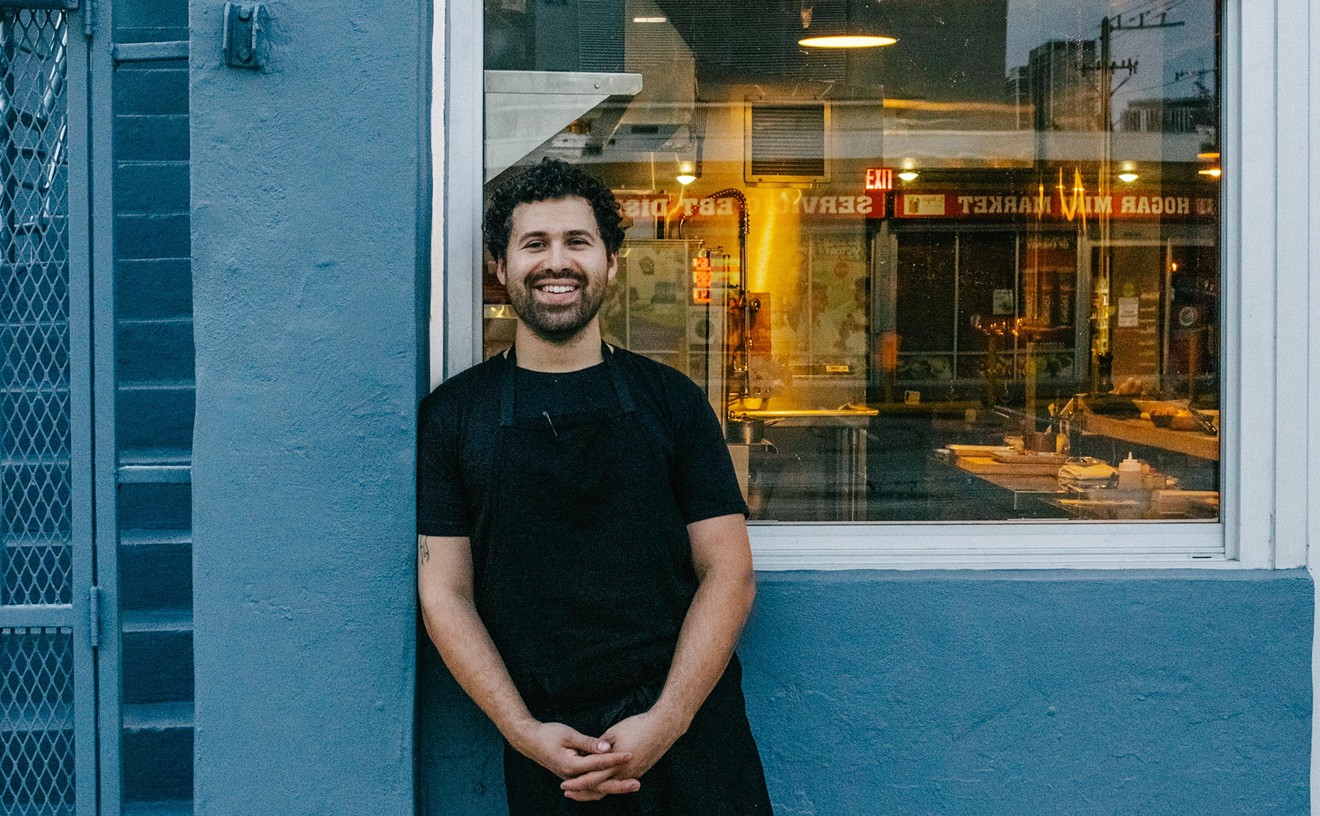A passive protagonist. Very little conflict. The need for
Yet My Friend Victoria has a specific vibrancy as delicate and understated as Lessing's social critique. It's an accumulation of small moments: telling gazes, sour notes in the dialogue, the persistent impression of a woman who's in a room but never fully present. Broadly, the premise concerns the relationship between Victoria, a young black woman from a disadvantaged background, and a white bourgeois family that becomes central to her aspirations and alienation. A lesser director might have reinforced the themes of Lessing's story by amplifying the drama or more sharply exposing the unexamined privilege and thoughtless condescension of liberal elites. Civeyrac has a more glancing touch.
Here's a rare film about race and class differences where everyone gets along just fine.
tweet this
Elegantly divided into four chapters, each named for a character who dominates a section of Victoria's life, the film opens with a single and seemingly inconsequential visit that profoundly affects her perspective. An 8-year-old orphan living with her sick aunt, Victoria (played by
But just this short glimpse haunts Victoria well into
There are scant instances of overt racism in My Friend Victoria — one hurled epithet on the street, a couple of moments of old-man insensitivity — and little the
My Friend Victoria doesn't entirely transcend the page — the person telling the story, Victoria's eventual stepsister and closest friend, is too plainly a literary device — but it's deeper than mere illustration. Here's a rare film about race and class differences where everyone gets along just fine. Civeyrac's achievement is tracing the invisible lines that divide us.
My Friend Victoria
Starring









